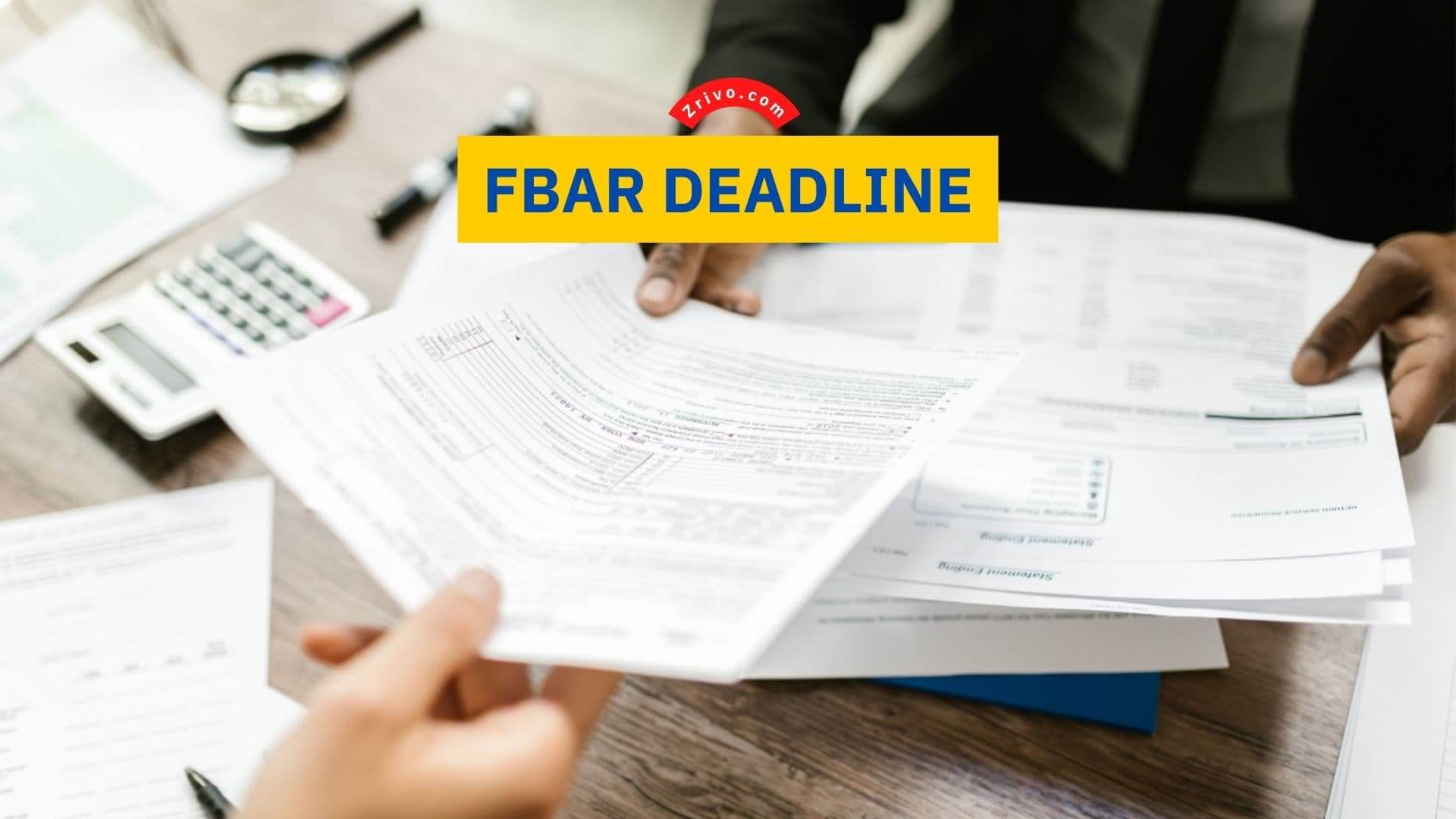
Whether you’re a business or a citizen, it’s important to know the FBAR deadline for 2024 - 2025 because the next tax year is approaching fast. If you have yet to file a tax return for these years, you must know how to extend the filing deadline. Then you’ll be able to save time and avoid penalties.
FBAR (FinCEN Form 114) is a report that you must file if you have an overseas investment or financial account. This form is used to help the U.S. government track unreported income and identify illegal activity. It’s important to note that there are also penalties for not filing. Those penalties can be draconian and can quickly add up.
The filing of FBAR is the same as the filing of your tax return. You can also apply for an extension. You may get an extension if your FBAR filing deadline falls on a holiday.
What is the Due Date for FBAR?
You must report any foreign accounts that have an aggregate value of more than $10,000 at any time during the year. You must also file the form if you have signature authority over any of the foreign financial accounts. FBARs are filed electronically through the FinCEN‘s BSA E-Filing System. If you need to decide whether you need to file an FBAR, contact a tax expert to find out.
An individual who has signature authority over one or more foreign financial accounts must file a report by April 15 of the following year. If an individual fails to meet this deadline, he or she must file an extension by October 15.
Has FBAR Filing Been extended?
FBAR, or Report of Foreign Bank and Financial Accounts, has been around for many years. It is a simple form filed with the BSA E-Filing System by U.S. Entities, Trusts, and other entities in the US. The form requires information about the name of the institution, the name of the holder of the account, and the name of the holder of the account. It is also useful as a record-retention tool.
The form is one of many things that get a look-in. In the last two years, FinCEN has issued a plethora of informational documents regarding the form. As of this writing, there still needs to be a confirmed extension of FBAR filing deadlines. However, the Financial Crimes Enforcement Network (FinCEN) has issued a number of notices that will extend the deadlines on a rolling basis. These include Notice 2011-1, which extended the deadlines for individuals with signature authority over accounts owned by other group members, and Notice 2020-1, which extends the deadlines of certain qualifying entities.

What Happens If I Fail to File FBAR?
FBAR, also known as the FinCEN Form 114, is a form that must be filed by United States citizens who have a financial account overseas. The law is designed to help the Internal Revenue Service (IRS) catch suspected tax cheats and money launderers. However, it also has serious consequences for people who fail to report their accounts.
- Civil penalties are based on the number of violations and the value of the accounts. These penalties may include imprisonment or fines.
- Willful violations can be charged with a fine of up to 50% of the total account value. If you fail to file your FBAR due to a mistake, you may be issued a non-willful penalty.
- You can avoid criminal charges by participating in a Voluntary Disclosure Program. This program allows you to avoid penalties and criminal charges in exchange for providing accurate information about your foreign accounts.